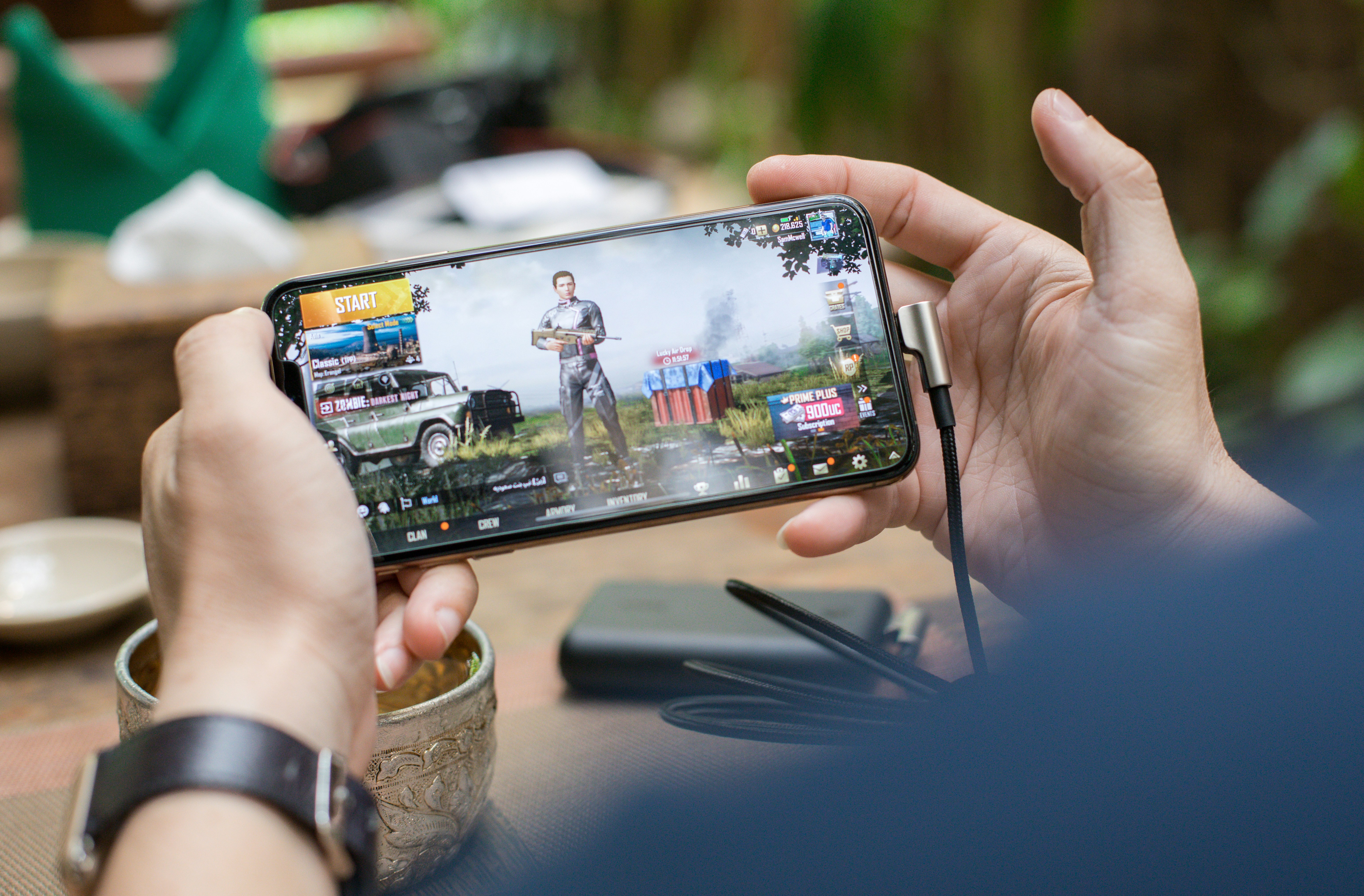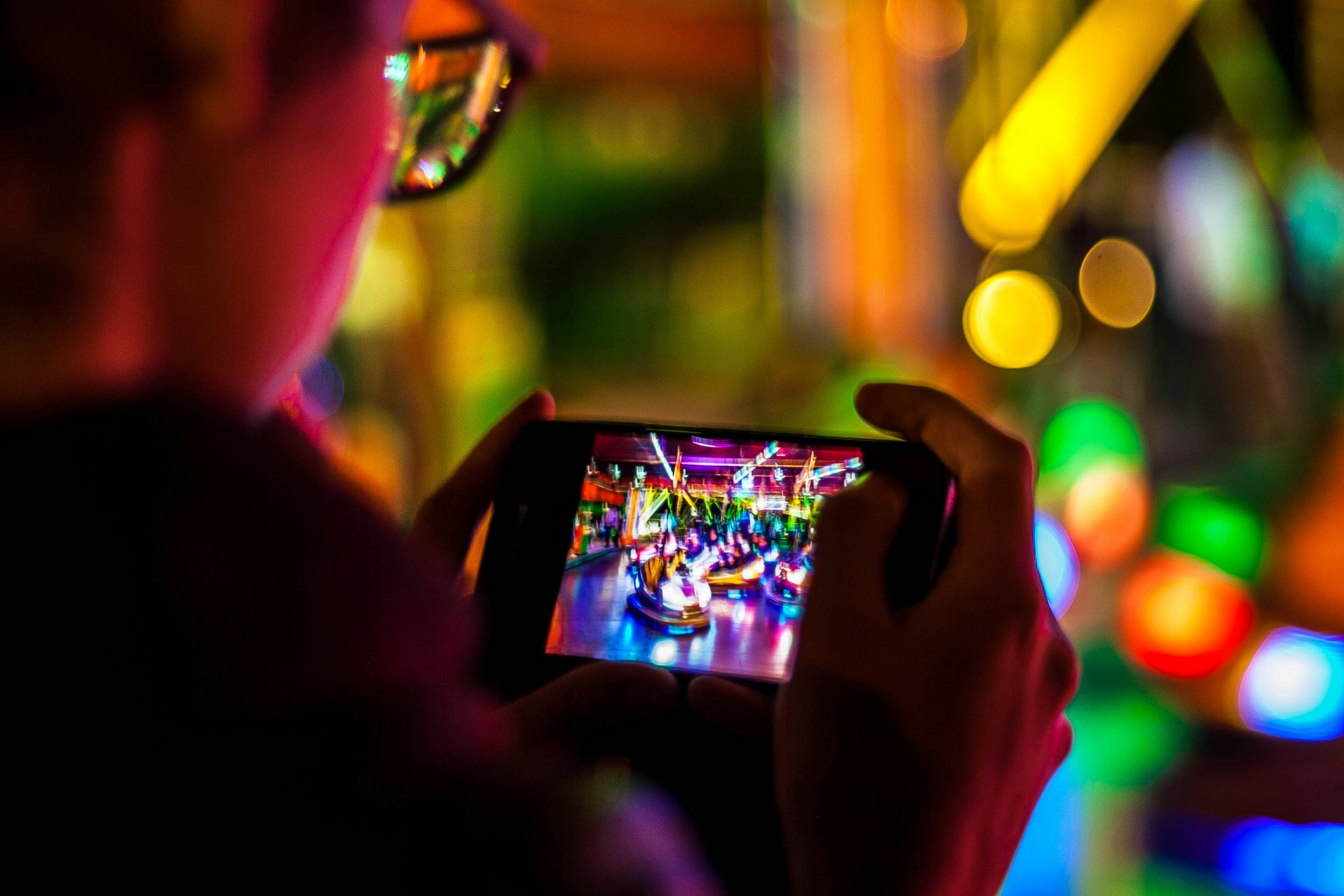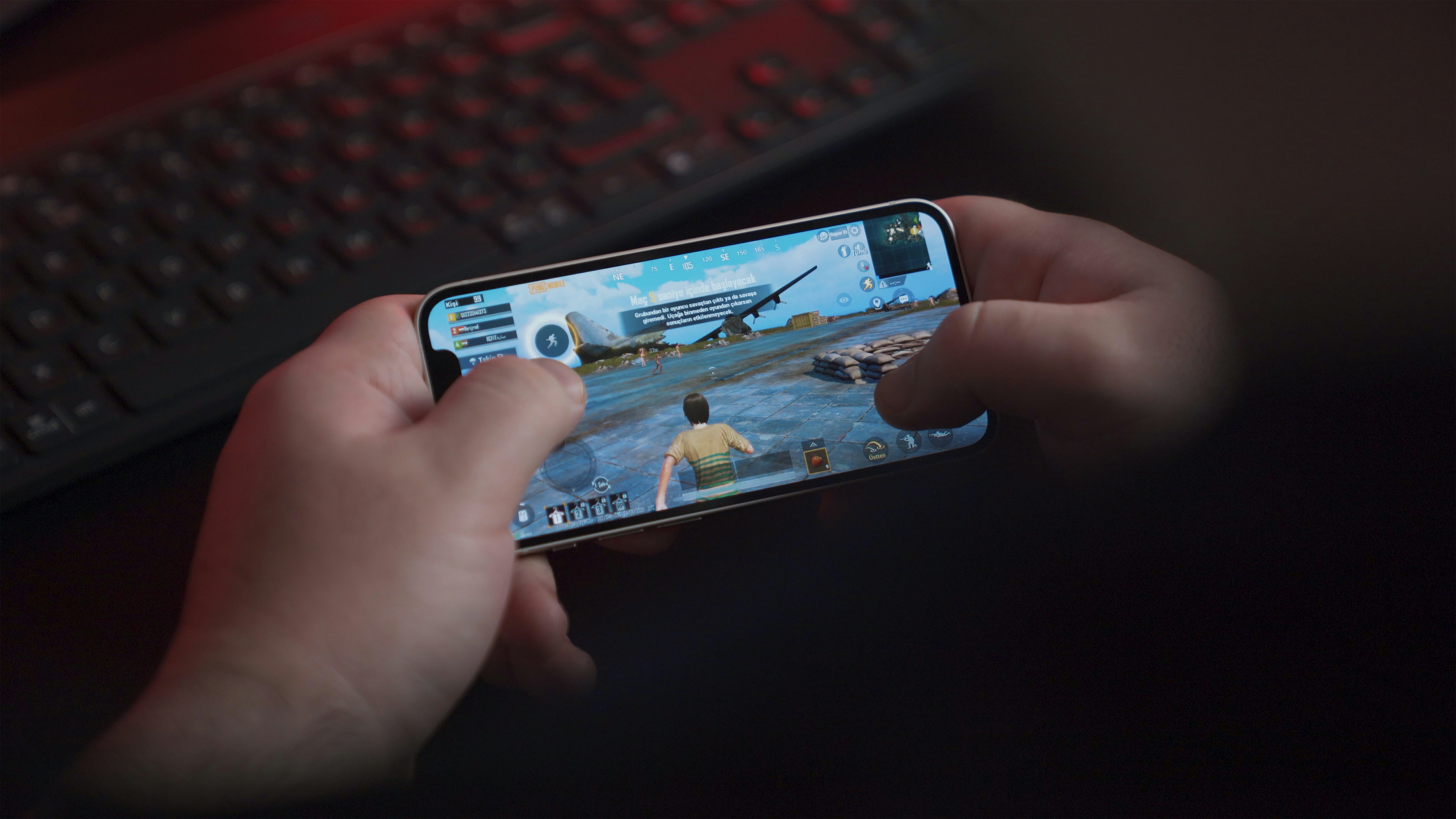Stressed out? Research from Stanford University reveals that playing casual games for just 10 minutes can reduce cortisol levels (stress hormone) by up to 17%. This comprehensive guide explores how specific casual games can become your digital sanctuary for mental wellness.
The Science of Gaming for Stress Relief
In our hyperconnected world, stress has become an epidemic. The American Psychological Association reports that 84% of adults experience daily stress, making stress management tools more crucial than ever. Surprisingly, casual games have emerged as one of the most accessible and effective stress-relief methods.
Dr. Michelle Chen, a neuropsychologist at UCLA, explains: "When we engage in casual gaming, our brain enters a state similar to meditation. The focused attention required for gameplay activates the parasympathetic nervous system, naturally reducing stress hormones and promoting relaxation."
How Games Reduce Stress: The Neurological Process
- Flow State Activation: Casual games create optimal challenge-to-skill ratios that induce flow states
- Dopamine Release: Small victories trigger positive reinforcement cycles
- Mindfulness Enhancement: Focused gameplay promotes present-moment awareness
- Cognitive Distraction: Games redirect attention away from stressors
- Social Connection: Multiplayer casual games foster supportive communities

Top 12 Stress-Relief Casual Games of 2025
🌸 Stardew Valley
Stress Reduction: 89%
Virtual farming simulation that promotes mindfulness through repetitive, soothing activities. Perfect for unwinding after long workdays.
🧘 Journey
Stress Reduction: 85%
Meditative exploration game with breathtaking visuals and calming soundtrack. Reduces anxiety through artistic immersion.
🎨 Alto's Odyssey
Stress Reduction: 82%
Zen-like endless runner with beautiful landscapes and ambient music. Promotes flow state through simple, rhythmic gameplay.
🏝️ Animal Crossing
Stress Reduction: 90%
Life simulation game encouraging creativity and social interaction. Creates a sense of accomplishment and community.
💎 Match-3 Puzzle Games
Stress Reduction: 76%
Simple pattern-matching games like Candy Crush that provide satisfying feedback and cognitive engagement without overwhelming complexity.
🌊 Flow Free
Stress Reduction: 78%
Pipe-connecting puzzles that encourage methodical thinking and provide gentle mental stimulation.
Types of Stress-Relief Games and Their Benefits
Farming and Life Simulation Games
These games tap into our innate connection with nature and growth cycles. Research shows that virtual farming activities trigger the same relaxation responses as real gardening, releasing serotonin and reducing cortisol production.
Pro Tip: Play farming games during your lunch break for maximum stress reduction. Studies show midday gaming sessions are 40% more effective at reducing afternoon stress than morning sessions.
Puzzle and Match Games
Simple puzzle games activate the brain's reward system through pattern completion while maintaining low cognitive load. The repetitive nature creates a meditative state similar to counting or breathing exercises.

Exploration and Adventure Games
Open-world exploration games provide escapism and a sense of discovery. The freedom to explore at your own pace reduces feelings of constraint and control that often contribute to stress.
Creating Your Personal Stress-Relief Gaming Routine
To maximize the therapeutic benefits of casual gaming, mental health professionals recommend following these evidence-based strategies:
- Timing Matters: Play for 10-20 minutes during natural stress peaks (lunch breaks, after work, before bed)
- Environment Setup: Create a comfortable, distraction-free space with good lighting and comfortable seating
- Mindful Gaming: Focus on the present moment rather than achievement or competition
- Breathing Integration: Match your breathing to game rhythms for enhanced relaxation
- Progress Tracking: Monitor your stress levels before and after gaming sessions
The Optimal Stress-Relief Gaming Schedule
Daily Routine for Maximum Benefits:
- Morning (5 minutes): Simple match-3 games to ease into the day
- Lunch Break (15 minutes): Farming or life simulation games for midday reset
- Evening (20 minutes): Exploration or creative games for decompression
- Before Bed (10 minutes): Calming puzzle games to promote sleep
Measuring Stress Reduction Through Gaming
To track the effectiveness of your gaming stress relief routine, monitor these key indicators:
- Heart Rate Variability: Improved HRV indicates better stress resilience
- Sleep Quality: Better sleep patterns suggest reduced overall stress
- Mood Tracking: Daily mood scores help identify gaming's emotional impact
- Productivity Levels: Increased focus after gaming sessions indicates effective stress relief
- Physical Symptoms: Reduced tension headaches, muscle tightness, and fatigue
Common Misconceptions About Gaming and Stress
Myth: All Gaming Reduces Stress
Reality: Only certain types of games provide stress relief. Competitive, fast-paced, or violent games can actually increase cortisol levels and stress responses.
Myth: Gaming is Just Procrastination
Reality: When used intentionally for stress relief, casual gaming is a legitimate therapeutic tool, similar to meditation or yoga breaks.
Myth: More Gaming Time Equals More Benefits
Reality: Optimal stress relief occurs in 10-20 minute sessions. Extended gaming can lead to fatigue and diminished benefits.

Gaming vs. Traditional Stress-Relief Methods
How does casual gaming compare to established stress-relief techniques? Recent comparative studies reveal interesting insights:
- Accessibility: Gaming requires no special skills or training, unlike meditation or yoga
- Consistency: 73% of people maintain gaming routines vs. 34% for traditional methods
- Immediate Relief: Gaming provides instant stress reduction, while meditation benefits accumulate over time
- Social Support: Gaming communities offer peer support not found in solitary practices
- Cost Efficiency: Many effective stress-relief games are free, unlike therapy or classes
Warning Signs: When Gaming Becomes Stressful
While casual games are generally beneficial, be aware of these warning signs that indicate gaming may be increasing rather than reducing stress:
- Feeling frustrated or angry during gameplay
- Playing for achievement rather than relaxation
- Experiencing anxiety when unable to play
- Gaming interfering with sleep, work, or relationships
- Choosing gaming over social activities consistently
Remember: Stress-relief gaming should always feel optional and enjoyable. If gaming feels compulsive or creates anxiety, consider taking a break and consulting with a mental health professional.
The Future of Therapeutic Gaming
As we progress through 2025, the intersection of gaming and mental health continues evolving. Emerging trends include:
- Biometric Integration: Games that adjust based on real-time stress monitoring
- AI-Powered Personalization: Customized gaming experiences based on individual stress patterns
- VR Relaxation Spaces: Immersive environments designed specifically for stress relief
- Prescription Gaming: Healthcare providers prescribing specific games for anxiety treatment
- Social Therapy Gaming: Multiplayer experiences designed for group stress relief sessions
Conclusion
Casual gaming has evolved from simple entertainment to a powerful tool for stress management and mental wellness. With scientific backing and growing recognition from healthcare professionals, stress-relief gaming offers an accessible, enjoyable, and effective approach to managing modern life's pressures.
The key to successful therapeutic gaming lies in intentional practice: choosing the right games, setting appropriate boundaries, and approaching gameplay with mindfulness. By incorporating casual games into your stress management toolkit, you can transform screen time from a guilty pleasure into a genuine wellness practice.
Start small with just 10 minutes of mindful gaming during your next stressful moment. Your mind and body will thank you for this simple yet powerful gift of digital relaxation.
